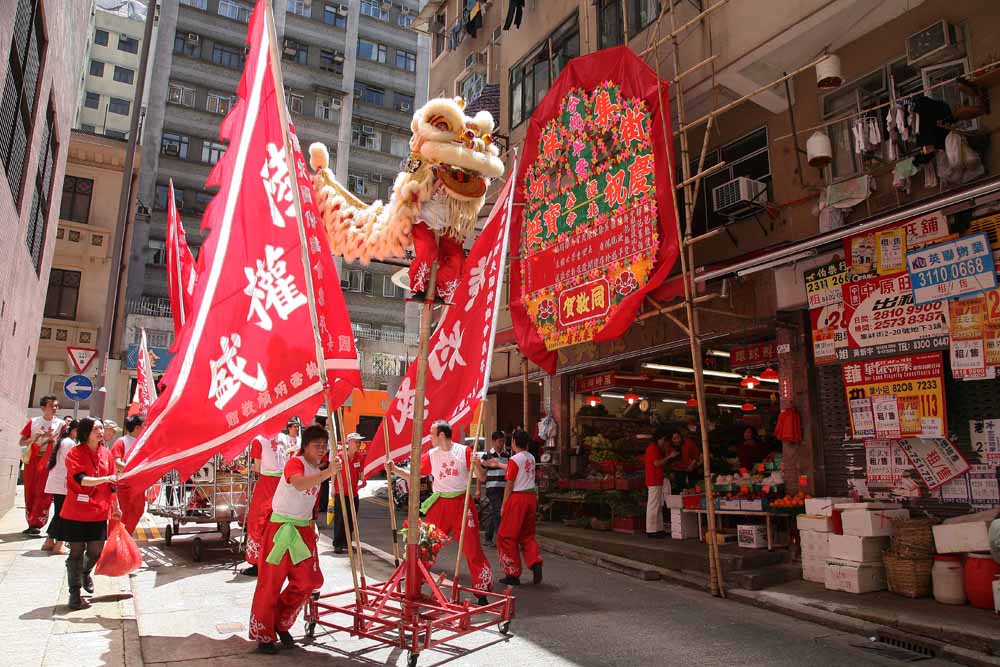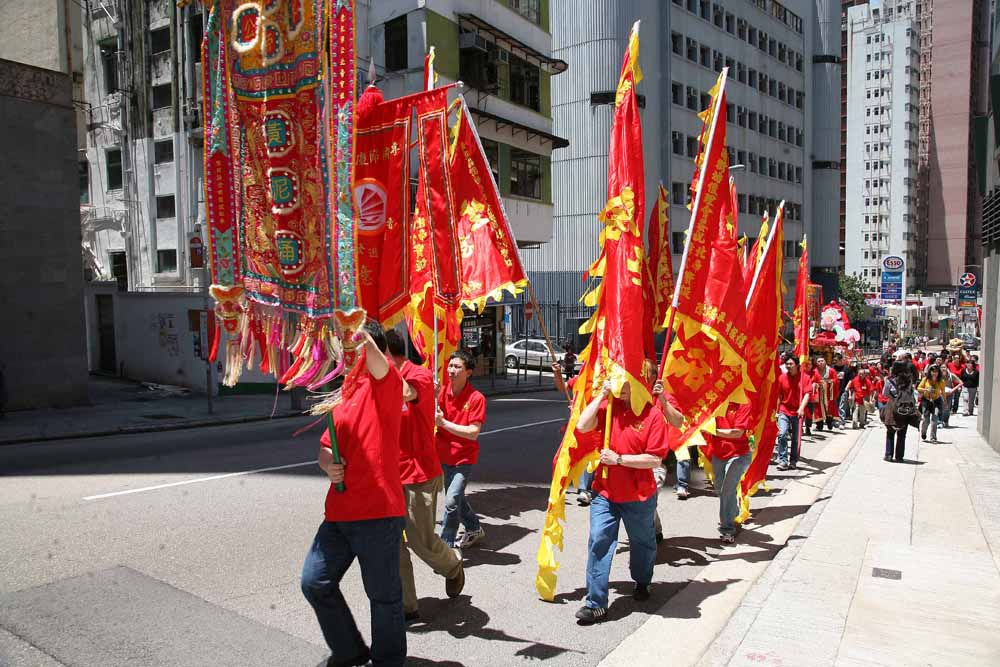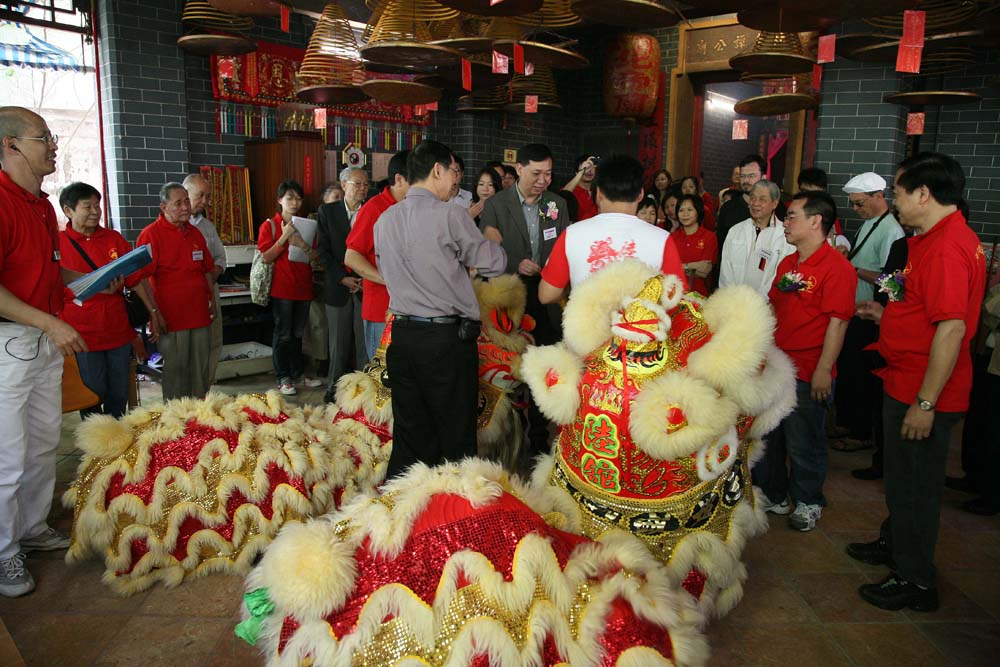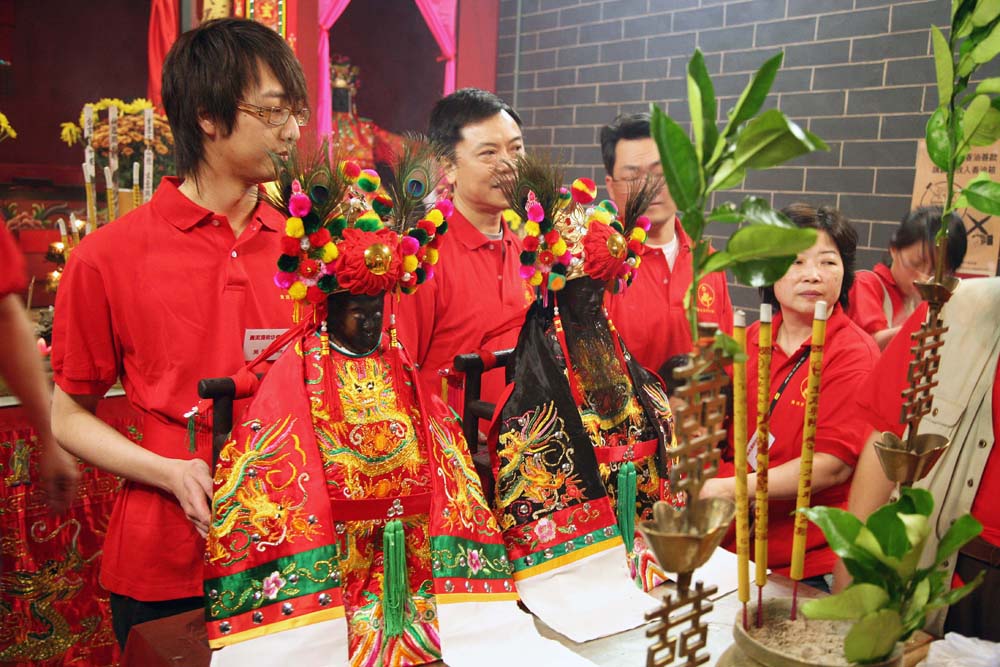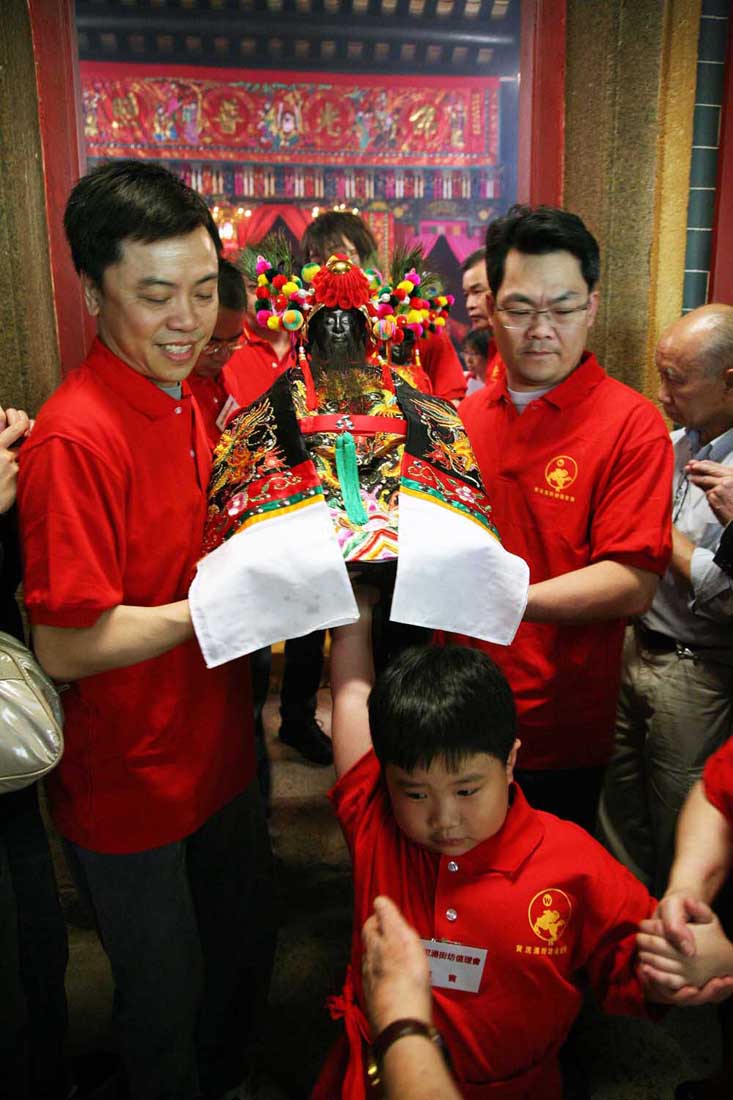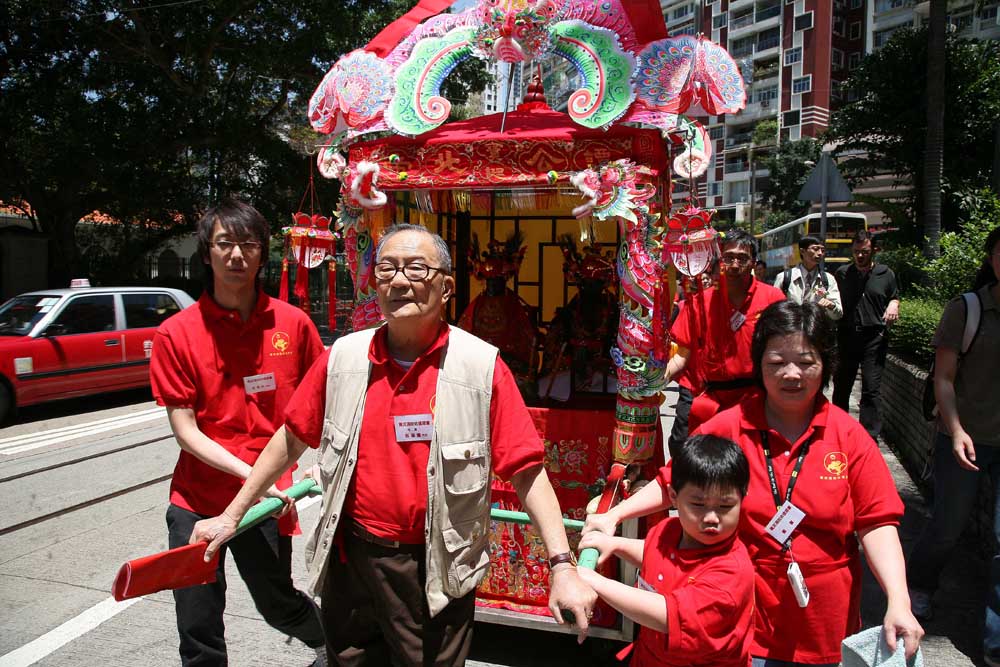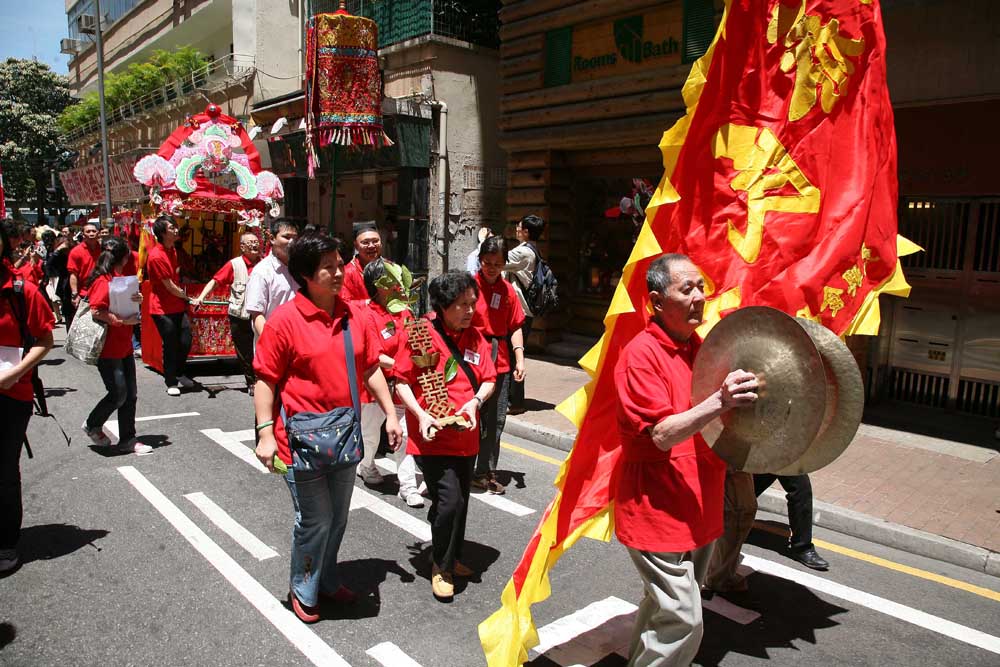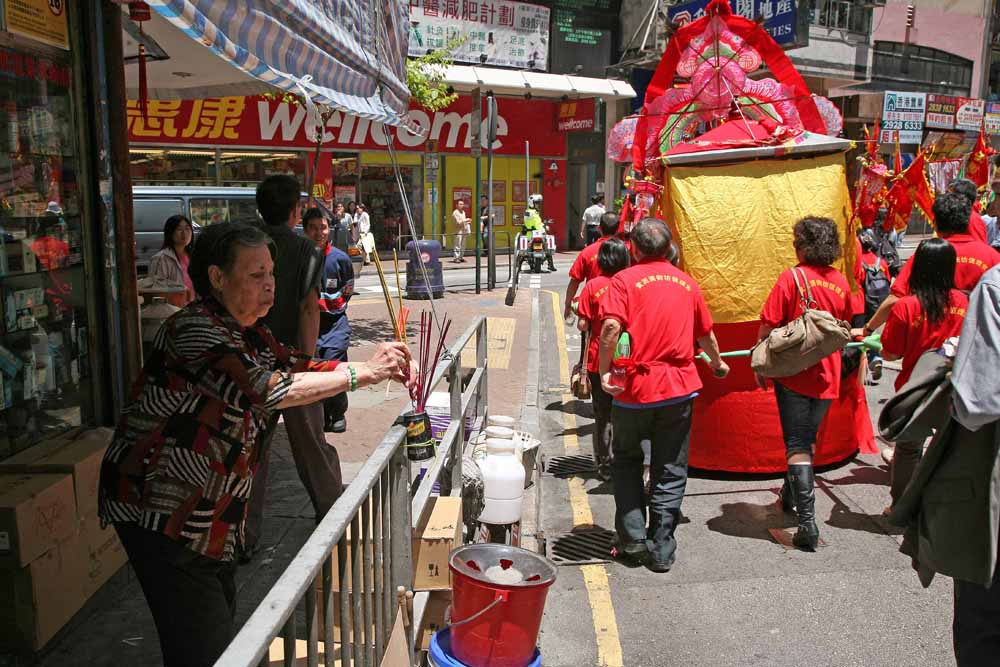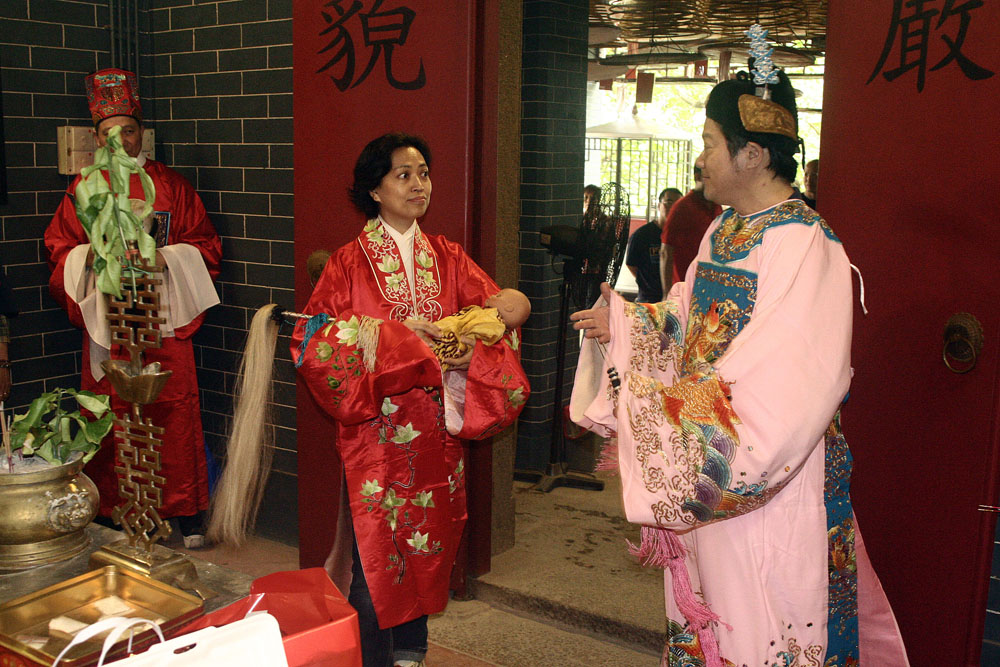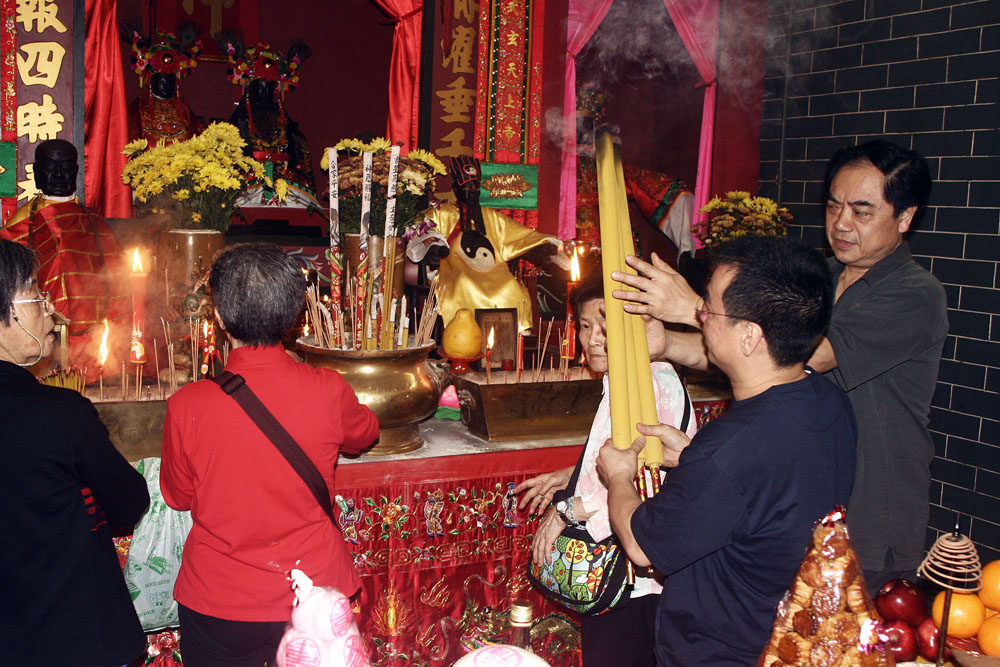-
History & Society
- Education in Pre-war Hong Kong
- History of Taikoo Sugar Refinery
- Hong Kong Products Exhibition
- Local Festivals Around the Year
- Post-war Industries
- Pre-war Industry
- The Hong Kong Jockey Club Archives
- Tin Hau Festival
- Memories We Share: Hong Kong in the 1960s and 1970s
- History in Miniature: The 150th Anniversary of Stamp Issuance in Hong Kong
- A Partnership with the People: KAAA and Post-war Agricultural Hong Kong
- The Oral Legacies (I) - Intangible Cultural Heritage of Hong Kong
- Hong Kong Currency
- Hong Kong, Benevolent City: Tung Wah and the Growth of Chinese Communities
- The Oral Legacies Series II: the Representative List of the Intangible Cultural Heritage of Hong Kong
- Braving the Storm: Hong Kong under Japanese Occupation
- A Century of Fashion: Hong Kong Cheongsam Story
Geography & EnvironmentArt & Culture- Calendar Posters of Kwan Wai-nung
- Festival of Hong Kong
- Ho Sau: Poetic Photography of Daily Life
- Hong Kong Cemetery
- Sketches by Kong Kai-ming
- The Culture of Bamboo Scaffolding
- The Legend of Silk and Wood: A Hong Kong Qin Story
- Journeys of Leung Ping Kwan
- From Soya Bean Milk To Pu'er Tea
- Applauding Hong Kong Pop Legend: Roman Tam
- 他 FASHION 傳奇 EDDIE LAU 她 IMAGE 百變 劉培基
- A Eulogy of Hong Kong Landscape in Painting: The Art of Huang Bore
- Imprint of the Heart: Artistic Journey of Huang Xinbo
- Porcelain and Painting
- A Voice for the Ages, a Master of his Art – A Tribute to Lam Kar Sing
- Memories of Renowned Lyricist: Richard Lam Chun Keung's Manuscripts
- Seal Carving in Lingnan
- Literary Giant - Jin Yong and Louis Cha
Communication & Media- Hong Kong Historical Postcards
- Shaw Brothers’ Movies
- Transcending Space and Time – Early Cinematic Experience of Hong Kong
- Remembrance of the Avant-Garde: Archival Camera Collection
- Down Memory Lane: Movie Theatres of the Olden Days
- 90 Years of Public Service Broadcasting in Hong Kong
- Multifarious Arrays of Weaponry in Hong Kong Cinema
-
History & SocietyGeography & EnvironmentArt & Culture
-
View Oral History RecordsFeatured StoriesAbout Hong Kong Voices
-
Hong Kong MemoryLocal Festivals Around the YearRecently Visited
Pak Tai Festival
-
2nd and 3rd day of the 3rd month of the Lunar calendar
Many deity festivals in Hong Kong featured the deity parade, which has the double aim to safe-guard the region and alert the community of the festival. The Tam Kong Temple at Blue Pool Road, Happy Valley enshrines two deities, and deity parades were held every year. The parade is held on the eve of Pak Tai Festival (2nd of the 3rd Lunar Month) on odd-number years, and on the eve of the birthday of Tam Kung on even-number years. It is called “the Parade of the Bodhisattva”.
-
Pak Tai Tam Kung Temple
In the past there was a Wong Nai Chung Village at Happy Valley. In the early years the villagers built a Tam Kung Temple at the slope near the present Hong Kong Sanatorium and Hospital. In 1901, the Hakka community of Wong Nai Chung raised funds to rebuild the temple at its present address at Blue Pool Road, and worshipped Pak Tai together with Tam Kung. The temple was named Pak Tai Tam Kung Temple – two deities enshrined in a temple. Later, a Tin Hau Temple was built at the back of the temple. All three deities were gods of water.
-
Heavenly Emperor of Xuan Tian
Pak Tai was named Zhenwu Heavenly Emperor of Xuan Tian of the North. He was originally one of the seven stars of the north, and was represented by Xuan Wu – a holy beast that was a combination of a turtle and a snake. Later, Pak Tai was said to be the general who was stationed in the north by the orders of the Jade Emperor, and was named “The Heavenly Emperor of Xuantian” until Song Dynasty, when the name was changed to Zhenwu Emperor to avoid overlapping with the title of imperial emperor. Because North bears the property of water in the Five elements (representative colour is black), and the inhabitants of Guangdong live beside the water, Pak Tai is a popular deity in the region, and protects the residents against water disasters.
-
Parade of the deities
There are numerous temples in Hong Kong that worshipped Pak Tai. Some are named Yui Hui Temples, and no special events are held on the Pak Tai Festival on 3rd of the 3rd Lunar Month, with the exception of more incense offerings from believers. However, the Pak Tai Temple at Happy Valley is rather boisterous with the Wong Nai Chung Neighbourhood Committee taking turns to organize festivities for Pak Tai and Tam Kung, and carries the deity in a parade on the eve of the festival.
-
Whether at Pak Tai Festival Parades or Tam Kung Festival Parades, the festival committee carries the shrines of the two deities out of the temple and places them in the same palanquin, accompanied by a boy called “the deity child”. The palanquin is carried by a number of men and parades the streets of Happy Valley led by a sea of flags. On the way Daoist priests chants invocations with believers sprinkling pomelo leave water to dispel evil and bring peace to the community.
-
The parade of deities reflect the “area of worship” of a temple. The parade route of deities Pak Tai and Tam Kung marks out the area of the old Wong Nai Chung Village; Sing Woo Road, where the parade crowd passes used to be a muddy river. The river split into two tributaries at the present day racecourse and rejoined at Canal Road. Later, the tributaries were filled up and became Wong Nai Chung Road, which encircles the racecourse. Now Wong Nai Chung Village is no longer on the map, and “Wong Nai Chung” has become a rarely mentioned name except at festivals.
-
The significance of the parade
Deity parades have a religious significance as well as helping to foster community cohesion. Even as the city develops and folk customs get less attention, the deity parades at Happy Valley, because of their huge attendance and the presence of lion dance troupes, maintained a rich festive atmosphere. In the afternoon, the believers who have donated offerings (of any amount) can use their ticket to enjoy the “god-worshipping banquet” at the Crescent Garden nearby. The festival committee passes the food offerings to a caterer who will prepare the feast. Each year, over 1,000 members of the community come to enjoy the feast or take food home.
-
Festive Opera performances
The festival committee also hires opera troupes to perform three days of god-worshipping plays which the community can freely sit in. In the afternoon of the festival, the troupe enters the temple to perform three short regular plays for the gods, including “Birthday Greetings by the Eight Immortals” (《八仙賀壽》) , “Promotion in the Court” (《跳加官》) and “The Heavenly Maiden Offering a Son” (《天姬送子》). The festival committee members offer incense and paper ingots to each deity and believers also pay their homage. The committee removes the decorations on the palanquin to be auctioned in the banquet, and the proceedings go into event expenses.
Copyright © 2012 Hong Kong Memory. All rights reserved. -






